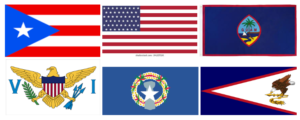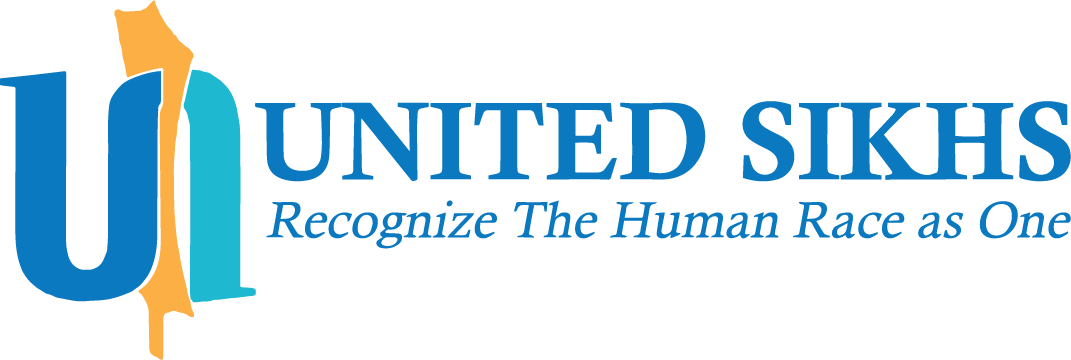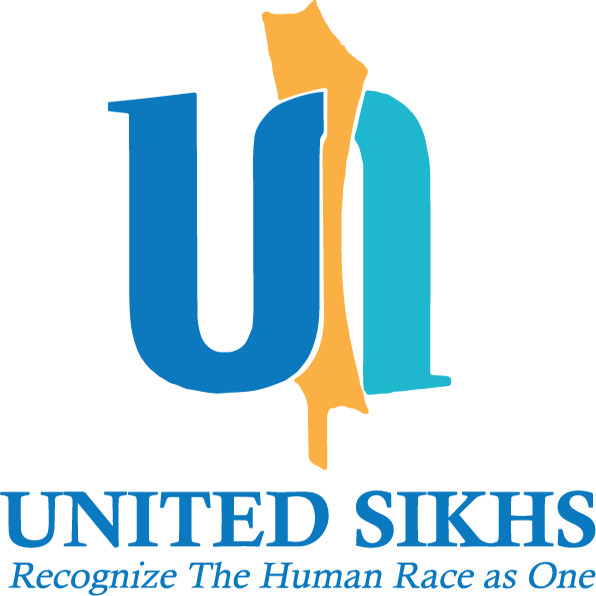UNITED SIKHS Joins the National Civil Rights Community to Call for the U.S. Supreme Court to Reverse the Racist “Insular Cases.”

August 30, 2022
New York
The U.S. Supreme Court could decide an important issue many believe would turn the page on antiquated racist precedent that have plague the U.S. since 1901 in Fitisemanu v. United States. UNITED SIKHS, as a human and civil rights organization since 1999, whose mission is to speak out for the human and civil rights of minority communities around the world, stands with all civil rights organizations calling for the U.S. Department of Justice to urge the U.S. Supreme Court to finally reverse the racist, colloquially named “Insular cases.” On August 28, 2022, the International Civil and Human Rights Advocacy (ICHRA) Directorate issued a letter to U.S. Attorney General Garland to do so in its response to the petition for a writ certiorari in Fitisemanu.
Residents of these U.S. territories are generally considered to be non-white. They do not vote or enjoy the full benefits of citizenship because of the Supreme Court’s past decisions in these Insular cases. The question that will be answered if the Supreme Court agrees to hear the Fitisemanu case is whether the 14th Amendment of the United States Constitution applies to the five U.S. territories gained as bounty of war from Spain in the Spanish-American war that ended in 1898. These include Puerto Rico, American Samoa, Northern Mariana Islands, U.S. Virgin Islands and Guam.
The 14th U.S. Constitutional Amendment is commonly referred to as the “Citizenship Clause.” It declares that those born “in the United States, and subject to the jurisdiction thereof, are citizens of the United States.” U.S. Const. amend. XIV, § 1. However, federal judges, following precedent set by the U.S. Supreme Court in these Insular cases have stated that citizens and nationals residing in these territories are not considered to be “in the United States” within the meaning of the Citizenship Clause.
In the Fitisemanu case the Supreme Court is being asked to decide whether persons born in United States territories are entitled to full benefits of birthright citizenship under the Fourteenth Amendment’s Citizenship Clause, including whether the Insular Cases should be overruled.
The people in the U.S. territories share a similar human and civil rights dilemma with other people who for decades, and even centuries, have been denied the right of self-determination by governments who do not recognize their right to full political participation. “”For example, states Wanda Ssnchez Day, UNITED SIKHS’ Chief Legal Officer, “8 USC 1402,Sect. 302 of the laws of the United States proclaims “All persons born in Puerto Rico on or after January 13, 1941, and subject to the jurisdiction of the United States, are citizens of the United States at birth.” The language appears to be clear and unambiguous except that in the course of decades, beginning in 1901 with Downes, the first Insular case, U.S. Supreme Court Justices stated that this citizenship does not confer the rights usually associated with citizenship of State -side U.S. citizens.”
“Most agree that the residents of the territories affected by these racist interpretations are people of color,” states Manvinder Singh, UNITED SIKHS Director of Advocacy. “This is a flagrant injustice against people who have supported the U.S. through every war including the Spanish American War and the two World Wars and we must stand with them and the national civil rights community in this time when it matters.”
Among the reasons why persons born in the U.S. territories are not citizens in the same sense as those born on the mainland is because they are, according to the Insular cases, people of “savage tribes.” In its letter to USAG Garland, UNITED SIKHS stated “The Insular Cases have addressed Americans in these territories as people of “savage tribes” and “alien races.” We rebuke this categorization of any people but specifically when they are used to deny political rights and benefits to the people in the territories over which these cases purport to have the right to exercise colonial rule to this day.
UNITED SIKHS joins the civil rights community that is calling for the end of this era of racist thought but especially where this ideology is used to deny full citizenship rights to people of color in these U.S. territories.
UNITED SIKHS fiercely advocates for all disenfranchised people and particularly minorities so that someday “the human race is one.” We appreciate the support of our donors who support our work that seeks equality for all.
UNITED SIKHS
Manvinder Singh
Director of Advocacy



